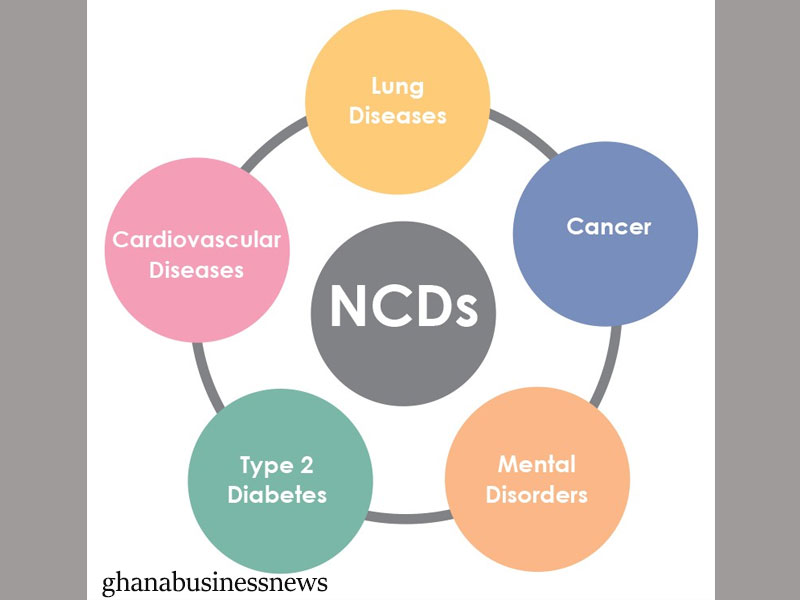Health Experts say awareness creation remains the biggest weapon in the fight against Non-Communicable Diseases.
The experts spoke during a regional webinar organised by Ecobank to strengthen its stand against Non-Communicable Diseases, focusing on Diabetes, across five countries within West Africa, Ghana, Gambia, Liberia, Sierra Leone and Guinea.
The regional webinar, which formed part of the bank’s programme of activities to commemorate the 2020 Ecobank Day, brought together over 2,000 participants across the sub-region.
The webinar targeted customers, stakeholders and staff of affiliate and subsidiary companies; operating banks in the region as well as Pan African Savings and Loans, Ecobank Development Corporation and eProcess International.
The webinar involved two speakers and four panelists who discussed Diabetes from multiple perspectives, around a common theme; "Experiences of people living with NCDs with emphasis on diabetes, during the COVID-19 pandemic as well as recommendations for a multisectoral reform.
Speaking at the webinar, the Managing Director of Ecobank Ghana and Regional Executive for Anglophone West Africa (AWA), Mr. Daniel Sackey said, "Available data indicates that most of the people who died this year from the COVID-19 pandemic had underlying conditions, while 36 million people are estimated to die each year due to NCDs, of which about 80% occurs in low-to-middle income countries.
In Africa, it is estimated that 19 million people have Diabetes, with about 60% of them not knowing their status. The disease is responsible for all sorts of health complications, including chronic kidney failure and loss of sight".
He stressed the need for individuals and organisations to take action to raise awareness and help prevent Diabetes as well as other NCDs within our region.
He said encouraged participants to each take a stand against diabetes.
On his part, the Managing Director of eProcess International and Chief Information Officer of the Ecobank Group, Dr. Tomisin Fashina, said digital health interventions had contributed greatly to improve survival rates.
He said digital interventions provided affordable, readily accessible patient education and self-management mediations regimes that addressed time and resource barriers through the use of applications and web-based platforms.He highlighted advances in technology that continued to push back the boundaries of non-communicable diseases.Artificial intelligence is, for instance, now being actively used to develop new medicines and provide improved mobility for patients, while machine learning is helping to precisely predict disease outbreaks and optimize health services.Dr Fashina recommended the use of digital technologies that were usually worn on the wrist to, among others, track the distance you […]
